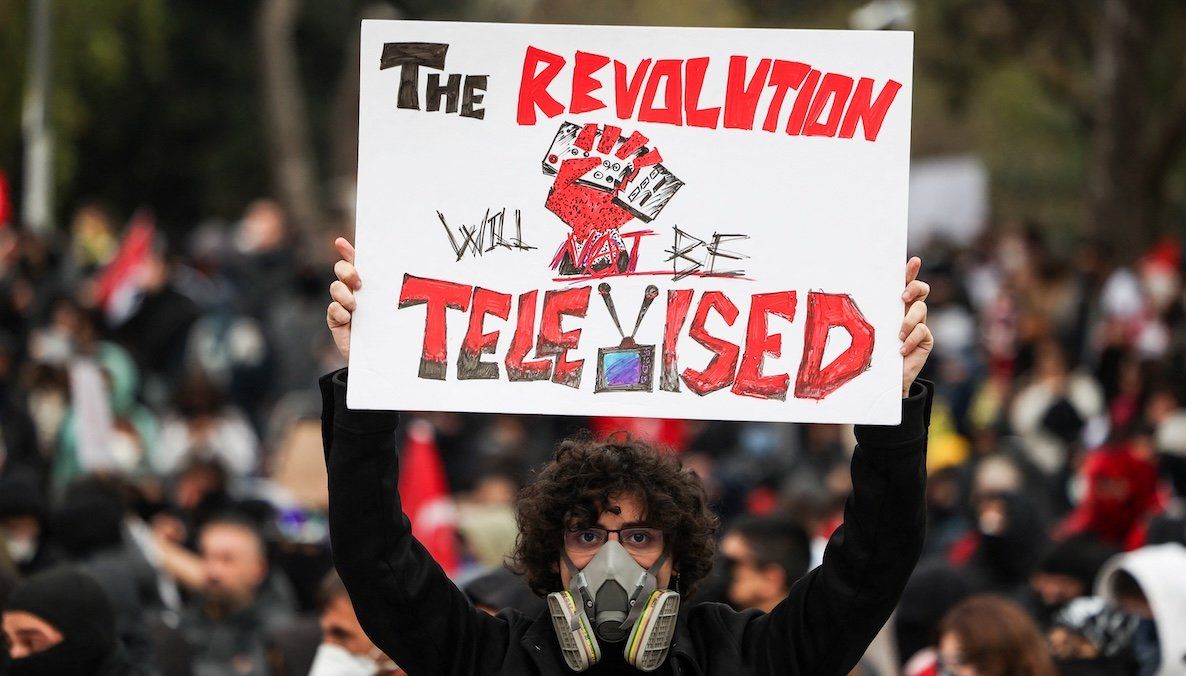Istanbul Mayor Ekrem Imamoglu was formally arrested, charged with corruption, and jailed on Sunday. His detainment last Wednesday sparked widespread mass protests across Turkey, with hundreds of thousands taking to the streets in cities including Istanbul, Ankara, and İzmir, despite a four-day ban on public gatherings.
Over 300 people have been arrested, and the government has demanded that X suspend the accounts of protest organizers. The country also banned short-selling and eased buyback rules to help stabilize markets after the benchmark stock index fell significantly last week.
Despite Imamoglu's arrest, his party proceeded with its internal vote Sunday to confirm him as its presidential candidate. While his arrest is likely to sideline him politically ahead of the next vote, it could also fuel a cycle of further protests and crackdowns by authorities. Forty-seven other people were also imprisoned on related charges pending trial, including a political aide and two district mayors, while 44 other suspects were released under judicial control.
What’s behind the government’s tough line? Imamoglu and his supporters claim that the charges are politically motivated, part of a crackdown ahead of the 2028 presidential elections. To run again, Recep Tayyip Erdoğan, 71, who has ruled for 22 years as prime minister and president, would have to convince Parliament to hold early elections before the end of his second five-year presidential term. That is the only way he would be permitted to run again under Turkey’s constitution. The popular Imamoglu is seen as a chief rival for the job.
Will there be international pressure? A year ago, Erdogan’s crackdown could have been expected to get the cold shoulder in Washington. But in 2025, his warm relations with US President Donald Trump, Ankara’s support for the transition in Syria, and Turkey’s willingness to back up European security guarantees for a ceasefire in Ukraine will likely insulate the Turkish president from international isolation.
